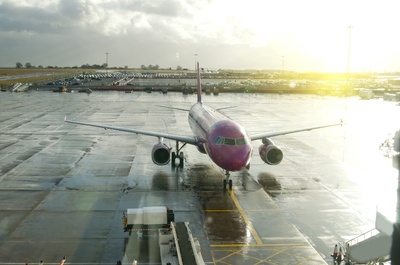
Home to a population of 214 000, an international airport and the University of Bedfordshire, Luton used to be known for its millinery, car manufacturing and engineering industries. Nowadays, the local economy centres mainly on airport-related services, retail and light industry.
Despite the competitive advantage of proximity to London, at 5.6 %, Luton's unemployment rate is relatively high compared with the UK's 4.2 % average, while 16.1 % of the working age population have no formal qualifications, well above the UK average of 9.5 %. Parts of the town are among the most deprived in England, affected by low incomes, rising property costs, and high levels of in-work and child poverty. EU funding in Luton has been channelled accordingly towards addressing skills gaps and some of the social issues associated with high unemployment.
Luton Borough Council has secured a £2 million European Social Fund grant for the years 2017 to 2022 to be matched by £2 million in local funding and spent on a range of community-led development initiatives. These will focus on the more deprived parts of the town, aiming to improve people's lives and support training. Projects already being supported include the Luton Town Football Club Community Trust, which works with young people, offering sports-related training and employment opportunities.
Renew is a project focused on making improvements to social housing to help combat fuel poverty. Running from April 2016 to March 2019, it is supported by a £1.49 million European Regional Development Fund grant that will contribute to external wall insulation for two high rise blocks as well as heat recovery ventilation systems, LED lighting and solar panels.
From 2015 to 2018, London Luton Airport was part of the Europe-wide Future Sky Safety project, which won EU research funding of approximately £13 million. The result was the 'LTN Safety Stack', a valuable model for inter-organisational collaboration on safety within airports.